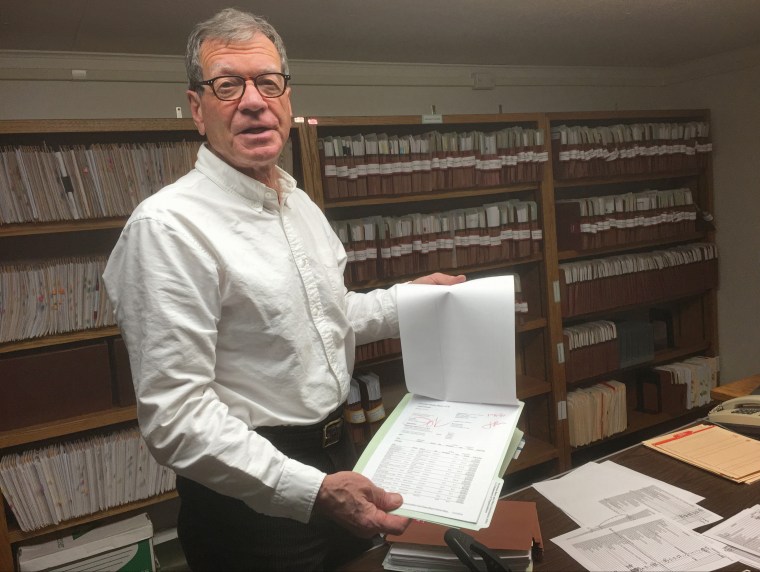WASHINGTON – One hundred six years ago, the citizens of Montana grew tired of corporate influence on their elections, enacted the Corrupt Practices Act of 1912, and returned the power to the people. Nearly 100 years later, the United States Supreme Court’s decision in Citizens United v. FEC superseded the century-old decree, prohibiting the government from capping any corporate campaign donation.
Curious about how the fight over campaign finance would impact her home state, filmmaker Kimberly Reed traveled to Montana and found herself entrenched in the state’s Republican Party, following a trail of anonymous spending that ultimately led her to the creation of “Dark Money,” Reed’s second documentary.
The debate over campaign finance regulations was reignited Wednesday, nearly eight years after the controversial decision when Supreme Court Justice and author of the Citizens United majority opinion Anthony Kennedy announced his retirement. President Donald Trump’s nominee to the bench could have major ramifications on a slew of issues for years to come, and with prior court cases such as Roe v. Wade receiving new attention, Citizens United could a focal point of a new conservative-majority Court.
“I think it was just being a citizen and hearing about the Citizens United decision and just kind of being dumbfounded that we had gotten to that point in Supreme Court jurisprudence where it was making sense to have corporations give unlimited money to political campaigns,” Reed told Chuck Todd on the latest episode of 1947: Meet the Press Podcast. ”It just didn’t make any sense to me, especially when you start considering that some of that spending can be done anonymously.”
“Dark Money” unravels like a mystery film, a ‘whodunit’ documentary of sorts that centers around local investigative journalist John S. Adams and his efforts to follow the money and expose the truth behind instances of anonymous, or “dark” money influencing Republican primaries in the state.
“All of it is just about putting democracy, with a small ‘d’, back into the hands of the everyday citizen instead of trying to defray the influence of money on politics,” Reed said. “When you have Citizens United that’s the law of the land and will be for a while, focus on just disclosing what we can, where we can, and finding these systems to encourage candidates to talk to every voter and not just the rich ones.”
“Dark Money” will begin its national rollout on July 13 in New York City and expand nationally from there, before being available for streaming on PBS’ POV in the fall, with plenty of time before the 2018 midterms to “let viewers have it in mind before they go to the polls.”
